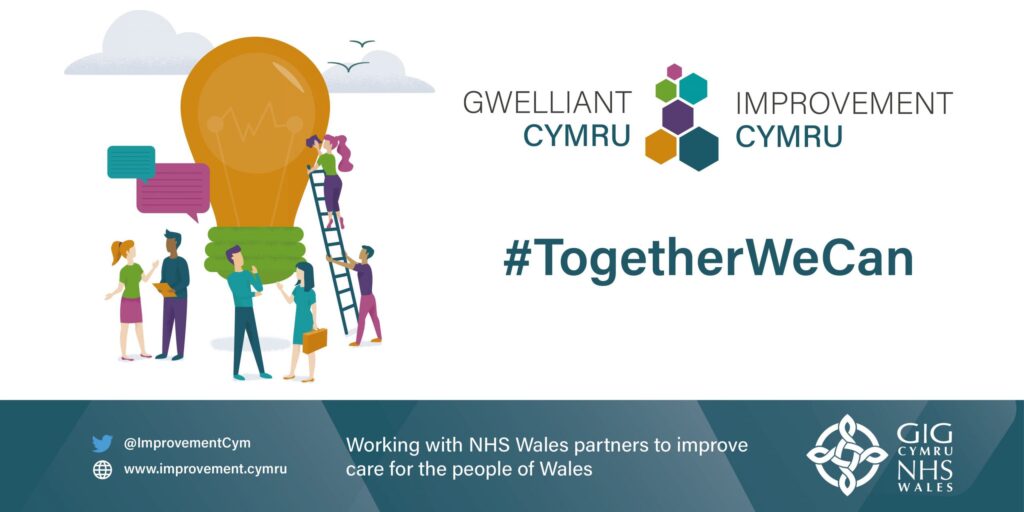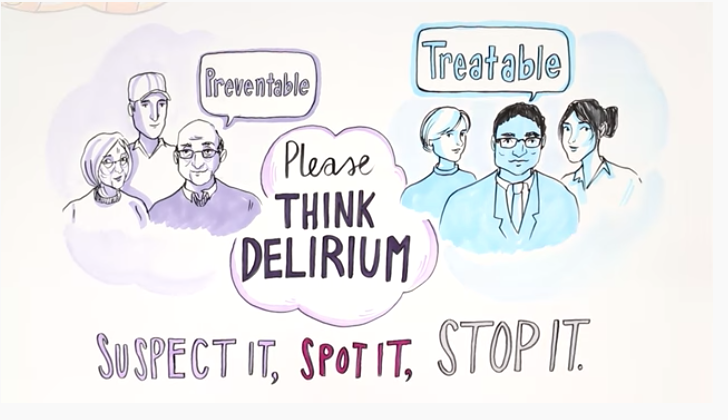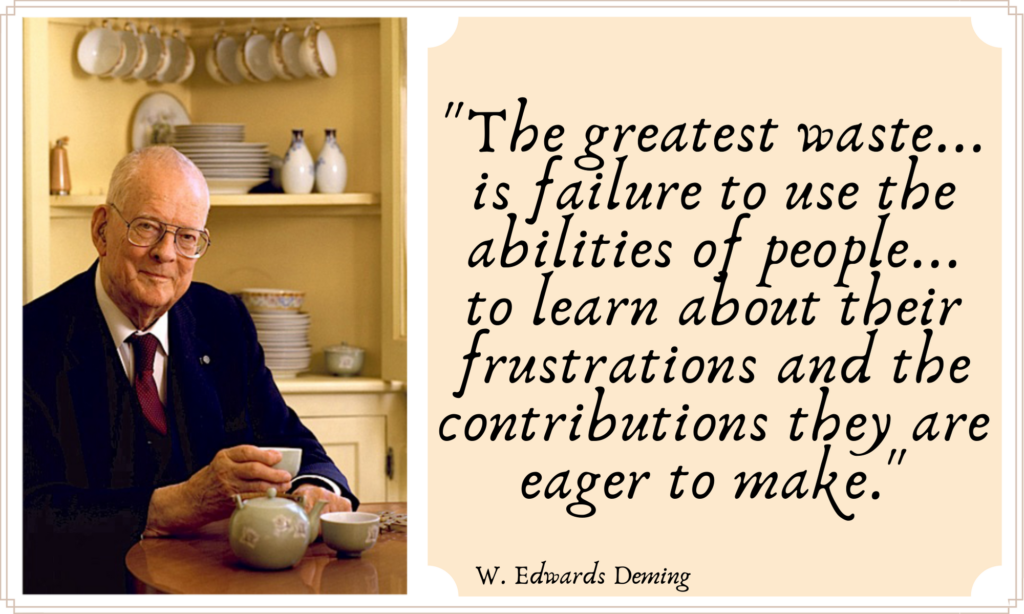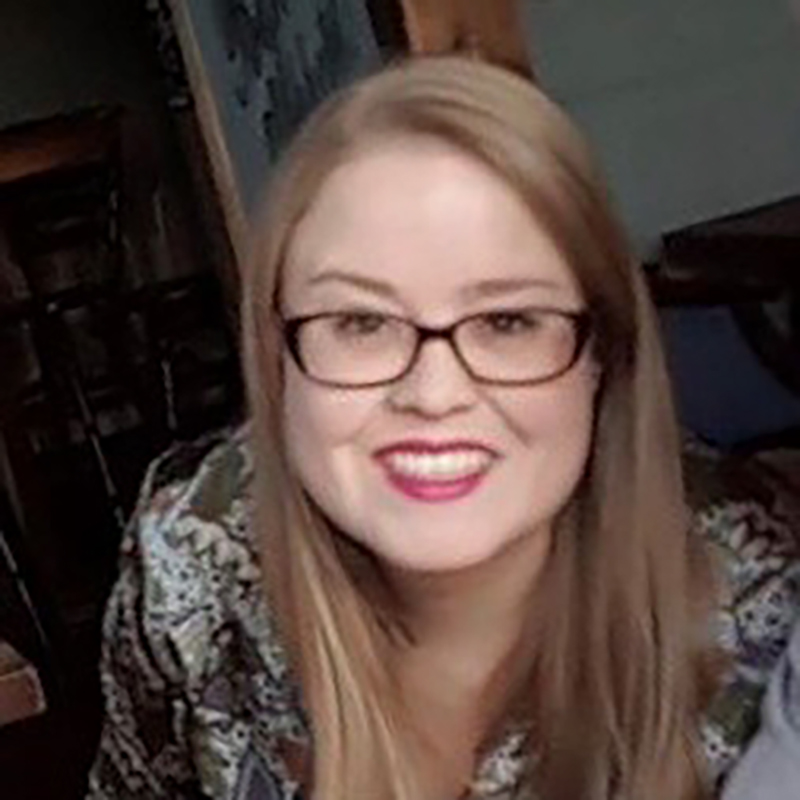
The Wales International Dementia Conference 2021 took place virtually on 2nd and 3rd February, hosted by Public Health Wales Improvement Cymru and The Royal College of Psychiatrists in Wales.
The conference was attended by over 400 delegates and brought together an international mix of presenters promoting dementia research and practice from across the world. Alongside recognition of the challenges presented by the COVID-19 pandemic, the conference was a celebration of resilience, opportunity and hope, highlighting innovation and strength in research and dementia care.
Day One
The conference opened with a warm croeso (welcome) from Katherine Jenkins OBE (Welsh Mezzo Soprano) and opening address from Baroness Eluned Morgan (Welsh Government Minister for Mental Health, Wellbeing and Welsh Language). Although delegates were disconnected physically, there was a shared eagerness to learn and connect virtually. The voices of people living with dementia and their carers was central to the conference, as evidenced by the first session: Dementia Voices.
Dementia Voices: Living through COVID19
The first session of the conference was a panel discussion of people living with dementia and carers. It began with a quote from the author Frank Sonnenberg: “throw away the bad experience but save the lesson”, reflecting on the lessons we can take forward from our experiences of the COVID-19 pandemic. A panel member said that the beginning of the first national lockdown in the UK felt very similar to the period immediately following a diagnosis of dementia, filled with “lots of confusion, no direct messages, no-one knew what was happening”. Another said that a sense of community had been a positive arising from the pandemic, with recognition that community is more than just the people that live nearby.
Why we need to do more for Delirium in Dementia – Challenges during COVID times
The next plenary was a brilliant presentation about delirium in dementia by Dr Mani Santhana Krishnan (Chair of the Royal College of Psychiatrists’ Faculty of Old Age Psychiatry). He presented striking facts about the prevalence of delirium (20% of older adults presenting to hospital have delirium); the danger of delirium (20% mortality within three months) and delirium as a modifiable risk factor for dementia. Adding an additional challenge to the pandemic, delirium can be the only symptom of COVID-19 in older adults, requiring specialist follow-up due to impact on physical and cognitive function. Dr Krishnan shared some excellent resources for learning more about delirium, and a plug for the ‘Delirium Marchathon’ he is hosting in March 2021 for World Delirium Awareness Day.

Brain Health Clinics
Next up were breakout rooms, with a fantastic selection of nine parallel sessions to choose from. Each breakout room was named after a Welsh castle – I joined the Beaumaris room for a presentation about brain health clinics by Dr Vanessa Raymont (Director of the Oxford Brain Health Clinical Trials Unit). She argued that the future of dementia care must address prognosis and gave an example of an individual attending a brain health clinic to review their likelihood of developing dementia, with support provided for modifiable risk factors in the form of a personalised prevention plan. Brain health clinics are a collaboration between clinical services and research teams, and there are currently nine sites across the UK starting brain health initiatives. The Oxford Brain Health Centre is running an exciting pilot project linking with an Oxfordshire Memory Clinic, aiming to provide better quality data for diagnosis.
Improvement in conversation: BAME and Dementia challenges, solutions, strengths and reality
Breakout rooms were followed by a panel discussion about challenges, solutions, strengths and reality for people from Black, Asian and Minority Ethnic communities living with dementia. One of the panellists was Jazz Browne (CEO of Nubian Life), whose organisation provides culturally specific care. She spoke of the need for safe care environments in which people don’t need to explain who they are. This was a great session with plenty of food for thought: “dementia is the same for everyone, and different for everyone”.
Day Two
In terms of making a difference to the lives of people with dementia, this house believes research is a waste of time
The second day of the conference began with a fantastic debate chaired by Dr Amanda Thompsell (National Specialty Advisor for Older People’s Mental Health, NHS England). Professor Rob Howard (University College London) argued for the motion while Professor Tony Bayer (Cardiff University) argued against it. Professor Howard’s position was a difficult one to argue but he did a magnificent job – my personal highlight was his description of new dementia drug aducanumab as ‘Frankenstein’s monster’. The arguments were provocative and there was a huge amount of engagement and contribution via the Zoom chat. Nonetheless, Professor Bayer won the day: it came as no surprise that 78% of delegates disagreed with the statement that dementia research is a waste of time.
Improvement under pressure

I joined the Powis room breakout session for a presentation about how quality improvement happens under pressure by Dominique Bird (Lead of Capacity and Capability at Improvement Cymru). Improvement Cymru have published a great toolkit for learning from COVID19 which can be used to support teams to reflect, learn and move forward. Dominique posited that COVID19 has changed the way we work within quality improvement – we must now focus on smaller-scale, quicker work, with a focus on collaboration. She acknowledged that one of the biggest challenges we now face is staff exhaustion and lack of motivation and ended with a quote from Dr W. Edwards Deming about learning from an organisation’s people.
Developing Evidence-Enriched Practice through storytelling and dialogue
The next plenary session was on the topic of Developing Evidence-Enriched Practice (DEEP) by Nick Andrews (Research and Practice Development Officer at Swansea University). One of the most powerful ways of getting people to engage is by telling stories: he gave an example of this in ‘the story of Georgie Muscles’, a life-story work with an 84-year old man who initially did not think he had anything to contribute to the work. As it turns out, after being bullied in childhood he went on to become a strongman (“I could pull a fire engine with my teeth!”) and went on to share his message to inspire others: “you do not need to listen to those that say you are weak”.

After two inspirational and thought-provoking days, the conference closed with a clear takeaway message: when the pandemic restrictions are lifted, we cannot go back to how things were – challenge yourself to know what ‘better’ is.
Presentations and posters from the conference are available on the Wales International Dementia Conference padlet site; Twitter link #DementiaWales2021.

Vicky Cartwright is a Dementia Project Officer in the Mental Health Policy, Operations and Information Directorate at NHS England and NHS Improvement and a Content and Policy Officer for the World Young Leaders in Dementia (WYLD) network. She holds a master’s degree in neuroscience with a specialisation in neurodegenerative disease and has particular interests in mental health inequalities and quality improvement in dementia services.
Twitter: @VickyCartw




